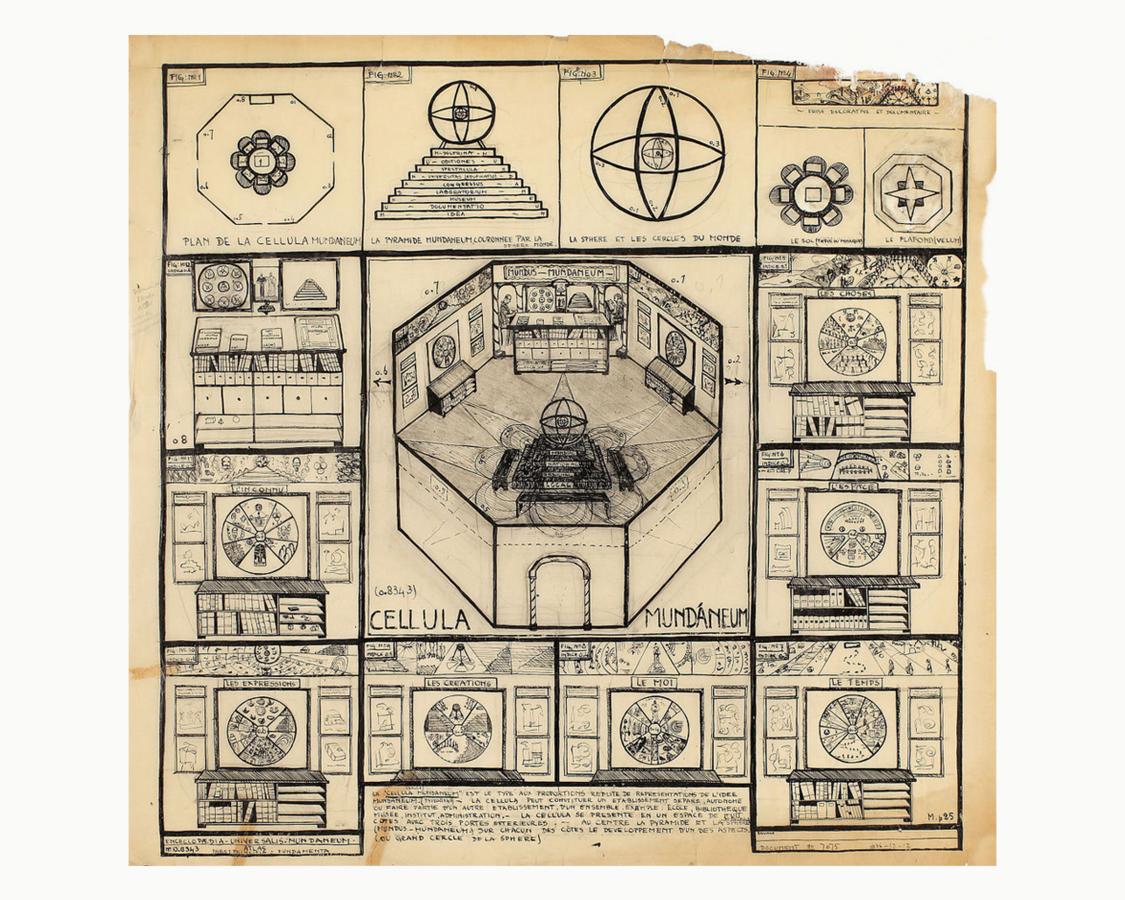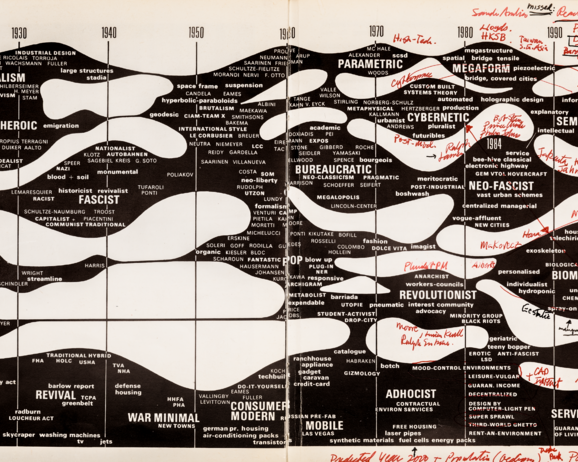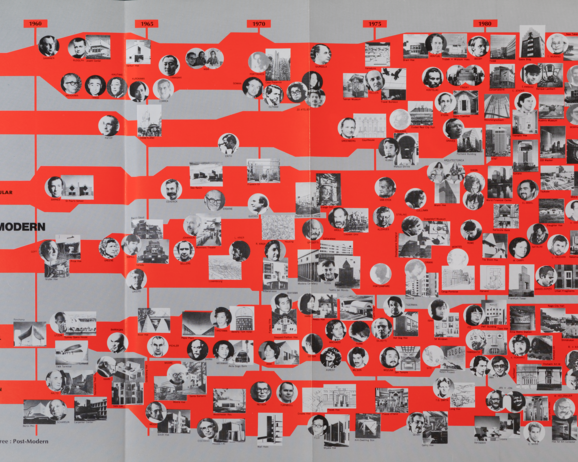Paul Otlet and the Architecture of Knowledge
Wouter Van Acker

© Collections de la Fédération Wallonie Bruxelles
In the early 20th century, Belgian encyclopedist and internationalist Paul Otlet (1868–1944) launched a visionary effort to organize and unify the world’s knowledge. His creation—the Mundaneum—was an ambitious hybrid of library, university, laboratory, and a conceptual interface to a “worldwide brain.” Collaborating with architects such as Le Corbusier and Maurice Heymans, Otlet worked to give architectural form to the institution he tirelessly developed at the Palais du Cinquantenaire in Brussels. This lecture explores Otlet’s striking visualisations and spatial diagrams, revealing how he imagined the geometry of an analog information society designed to overcome the fragmentation of science, culture, and politics. In tracing the story of these early “memory theatres,” we revisit a foundational—and often overlooked—chapter in the history of information and the architecture of knowledge.
Wouter Van Acker is an engineer-architect and associate professor at the Faculty of Architecture of the Université libre de Bruxelles, where he teaches architectural theory and a Master’s design studio on adaptive reuse. Before he was a lecturer at Griffith University. He received his PhD and Master of Engineering and Architectural Sciences from Ghent University. His doctoral dissertation explored the tensions between particularism, transnationalism, and universalism in the utopian projects of Paul Otlet (1868–1944). His more recent scholarly interests include the history, theory, and preservation of postmodern architecture, and the operativity of history in architectural design. He has co-edited different journal issues and volumes, including Untimely Teachers (for Architectural Theory Review, 2024), Intermediality in Architecture (Clara, 2024), and Architecture and Ugliness (Bloomsbury, 2020).


